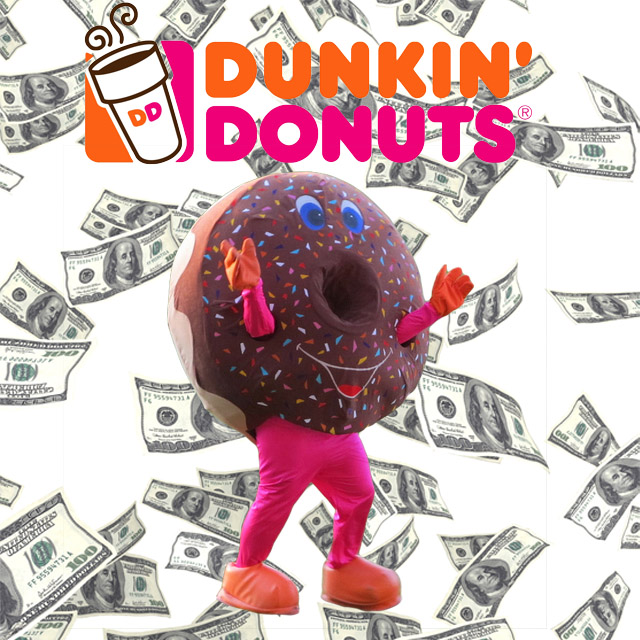Who Wants To Be A Millionaire?

Spilling a hot drink from Dunkin Donuts made a New Jersey resident a millionaire.
New Jersey resident Jennifer Fragoso’s lawsuit comes 20 years after McDonald’s Restaurants was sued by a New Mexico woman who suffered third-degree burns after spilling a hot coffee in her lap. A jury awarded her $2.86 million in damages. However, the court subsequently reduced the award to $640,000, the parties reached a settlement out of court.
Not surprisingly, the litigation generated substantial media attention, and was cited by tort reformers as a classic example of a frivolous lawsuit. Nonetheless, many restaurants responded by affixing warnings to hot beverage cups that read, “CAUTION: THIS BEVERAGE IS EXTREMELY HOT.”
In the latest case, the culprit is apple cider. Fragoso’s complaint alleges that the temperature of the beverage was “beyond industry standards” and that the lid to the cup was not properly secured. When the drink spilled, she suffered second and third degree burns that will allegedly never heal properly. The suit alleges negligence, product liability, and breach of express and implied warranties.
Legal experts are currently debating whether the notoriety of the McDonald’s suit, which was even parodied on an episode of Seinfeld, will help or hurt Fragoso’s case. While most of us understand that coffee and other similar beverage must be brewed at high temperatures and are no good served cold, how hot is “too hot?” And how much accountability does the customer hold for safeguarding the beverage after it has been delivered?
Restaurants, of course, should not be able to disclaim all liability by simply slapping on a warning label. In the latest case, the plaintiff’s best argument may be that the Dunkin Donuts worker failed to properly secure the lid, which may constitute negligence. In fact, given the harm that can result from hot beverages, many restaurants now use special lids that allow workers to verify that they are properly secured.
